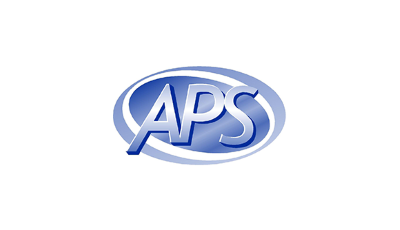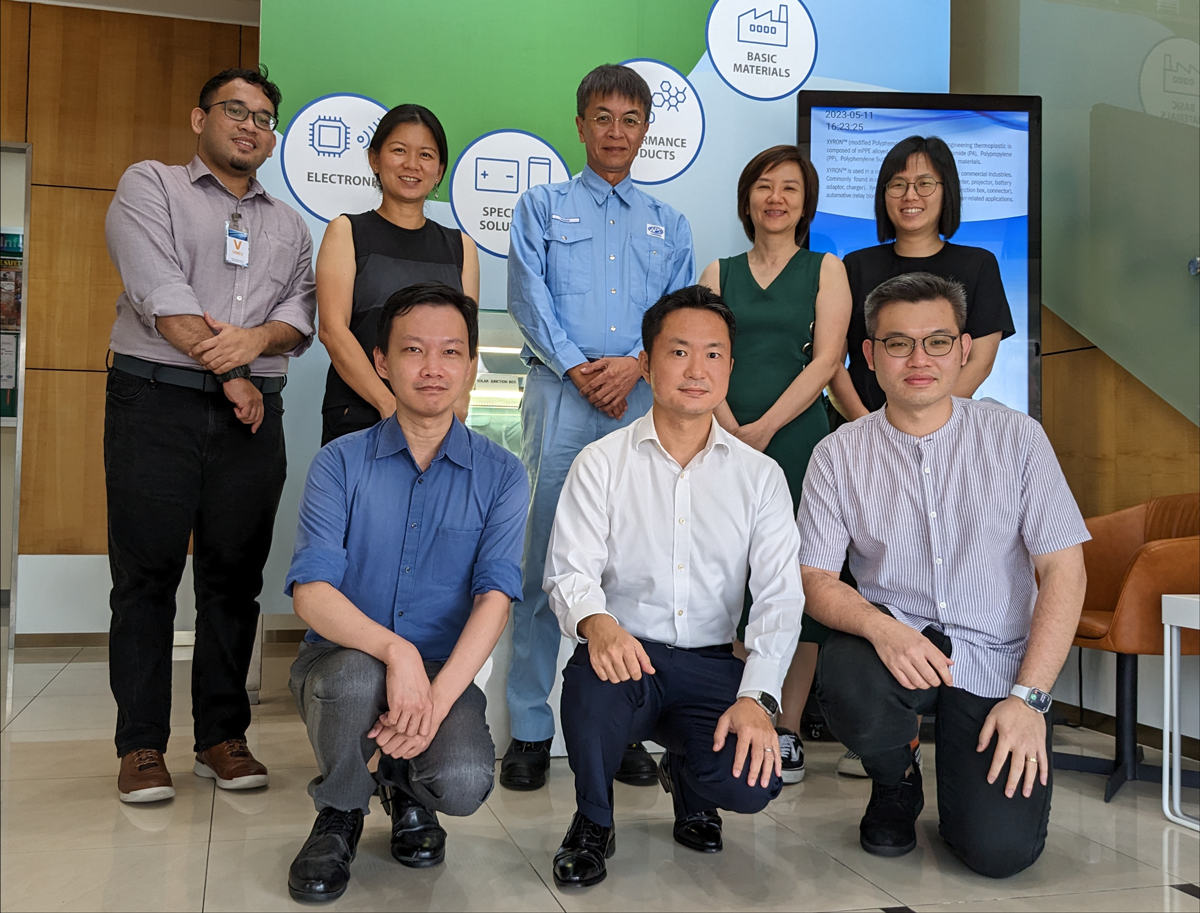APS digitalized its invoice management process by implementing digital workflow solutions (WF), Robotic Process Automation (RPA), and Optical Character Recognition (OCR).
Asahi Kasei Plastics Singapore Pte. Ltd.

Challenge
- Process physically printed invoices and documents
- Operations require an office environment during the COVID-19 pandemic situation
- Enhance internal governance control on processes within each department
ABeam Solution
- Digital workflow
- Robotic Process Automation
- Optical Character Recognition
Success Factors
- Expense claim, invoice approval, and payment processes are automated and can be worked remotely
- Employees are aware of the necessity for BPR and understand the approach
- Data-related invoices and payments are accumulated and can be analyzed when necessary
Project background
-
Asahi Kasei Plastics Singapore Pte. Ltd. (APS) specializes in manufacturing plastics resins in Singapore for various industries, including automotive, electronics, printing, water and food.
-
Within their finance operations, for vendor and supplier’s invoices, along with supporting documents, traditionally underwent a physical circulation process to secure the necessary stamp and signoff approvals.
-
Unfortunately, the Covid-19 pandemic in 2020 disrupted this manual process as their staff were forced to work from home with limited access to the office, impacting operations. In addition, the detailed procedures within each department became opaque due to internal governance control concerns.
-
In response to the challenges posed by the pandemic and the need for business continuity, the management made a strategic decision to modernize and streamline their processes. Specifically, they opted to visualize and digitize the workflow for expense claims, invoice approval, and payment processing, aiming to enhance operational resilience and adaptability.
Solution
APS digitalized its invoice management process through the implementation of a digital workflow solution (WF), which integrates Robotic Process Automation (RPA) and Optical Character Recognition (OCR). This innovative solution automated their input operations into SAP and the e-banking system. Furthermore, it necessitated the digital stamping and circulation of scanned paper documents as integral components of the digital approval cycle.
Project Story
-
APS chose ABeam Consulting Singapore Pte. Ltd. (ABeam) as the partner of this project. ABeam assessed its processes, gathered staff requirements, and investigated the feasibility of digitalization. As a result of the assessment, ABeam proposed to implement an end-to-end solution integrating WF, RPA and OCR to realize the desired outcome. Considering the complexity of the client requirements, the extensive scale of implementing the application systems and integrating them seamlessly together, a multi-phase go-live approach was adopted for success assurance.
-
In the second phase, ABeam defined requirements by conducting in-depth interviews with each department and visualizing the current processes. Throughout discussions, it was found that there were various unique requirements for each invoice type and department. With ABeam’s advice, APS designed and defined the precise roles and responsibilities and the approval matrix, which was then incorporated into the design of new digital platform. ABeam discussed the priority of the client requirements with key stakeholders, which led to their ranking for the initial implementation and subsequent stages as well as the exclusion or descoping of some deemed of lower criticality.
-
After the development work, APS’s key members started user acceptance testing, posing a significant challenge due to the volume of feedback. However, this challenge was effectively managed using a SaaS ticket management tool, Teams chat and web meetings. Since the inception of the project, almost all communications and activities were managed remotely because of the pandemic situation. This approach also allowed ABeam to leverage the exceptional skills of its multinational team members.
-
Overcoming these challenges, APS launched a new digital platform to operate the target processes. The initial launch addressed the expense claim process, benefiting all employees in the company. The second focused on the invoice approval process which made up most of the requirements and required lengthy and thorough testing to ensure correctness of its implementation. The final launch involved the payment process, automating data organization and posting in SAP and e-banking systems.
Voice of the Client
The project not only enhanced the efficiency for each operation but also provided an opportunity for employees involved in the project to discuss among themselves how their work could be improved. This led to an awareness of the necessity for business process re-engineering.
In terms of business effectiveness, it not only reduced the amount of manpower, but also facilitated easy analysis of accumulated data through centralized data, which was previously stored on paper or in Excel as needed.

Application
-
K2 Cloud: Cloud-based digital workflow solution that NINTEX Pte. Ltd. provides. It is a drag-and-drop visual design tool to make it easy to visualize and automate even the most sophisticated processes. Additionally, it rapidly deploys automated workflows across systems of record, content repositories, and communication channels crucial to your business.
-
ABBYY Intelligent Document Processing: Cloud-based data capture platform for automating document-driven processes, provided by US-based company ABBYY. The solution offers high-accuracy OCR technology which is able to recognize printed text, handwritten text, and characters in various languages accurately. In addition, it’s designed for easy integration with various applications and systems. Therefore, users can use APIs to seamlessly connect it with existing software and optimize data flows.
-
UiPath Automation Cloud: Comprehensive cloud RPA solutions to help companies streamline and process automation, provided by UiPath, Inc. The solution includes a tool called Orchestrator, which provides centralized management of automation processes, scheduling, monitoring, and control.

Customer Profile
- Company name
- Asahi Kasei Plastics Singapore Pte. Ltd.
- Location
- 20 Sakra Road, Jurong Island, Singapore 627889
- Established
- 2000
- Business Activities
- Manufacturing of plastics resins in Singapore for automotive, electronics, printing, water, and food-related industries
- Capital
- USD 46,000,000
- Headquarters
-
Company Name: Asahi Kasei Corporation
Address: Hibiya Mitsui Tower (TOKYO MIDTOWN HIBIYA) 1-1-2 Yurakucho, Chiyoda-ku, Tokyo 100-0006
Establishment: May 1931
Paid-in Capital: ¥103,389 million

Dec 27, 2023
- Corporate data and titles are those in use at the time of writing.
Click here for inquiries and consultations
